
Nobody Told Us Anything(2014)
Between 1952 and 1967, in the largest Tri-Service operation since the D-Day landings, over 20,000 servicemen participated in British Nuclear Weapons Tests. The development of these superweapons bought our place at the world superpower table. The cost in human terms has never been fully calculated nor appreciated, in the blinding light of the bombs a shadow was cast across the lives of so many people. This documentary tells that story in archive footage and candid interviews with the survivors and their children. Its release is being supported with a collection of art from the ‘Shadow of the Bomb’ exhibition. Inspired by experiences and stories of veterans and their children this thought provoking art sets the scene for the open honest revelations in the film.
Movie: Nobody Told Us Anything

Nobody Told Us Anything
HomePage
Overview
Between 1952 and 1967, in the largest Tri-Service operation since the D-Day landings, over 20,000 servicemen participated in British Nuclear Weapons Tests. The development of these superweapons bought our place at the world superpower table. The cost in human terms has never been fully calculated nor appreciated, in the blinding light of the bombs a shadow was cast across the lives of so many people. This documentary tells that story in archive footage and candid interviews with the survivors and their children. Its release is being supported with a collection of art from the ‘Shadow of the Bomb’ exhibition. Inspired by experiences and stories of veterans and their children this thought provoking art sets the scene for the open honest revelations in the film.
Release Date
2014-05-14
Average
0
Rating:
0.0 startsTagline
Genres
Languages:
Keywords
Similar Movies
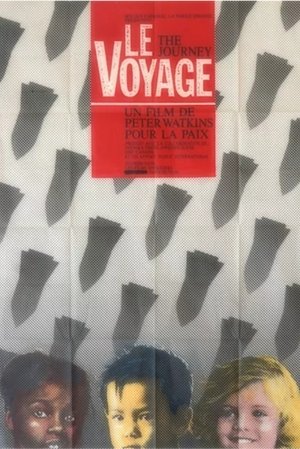 3.8
3.8The Journey(sv)
Peter Watkins' global look at the impact of military use of nuclear technology and people's perception of it, as well as a meditation on the inherent bias of the media, and documentaries themselves.
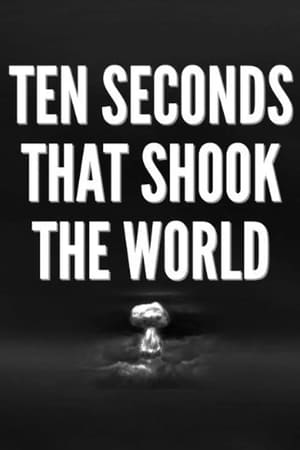 0.0
0.0Ten Seconds that Shook the World(en)
This film is a factual and chronological account of the events preceding the atomic bombing of Hiroshima during World War II and the significant effect of the atomic bomb on peacetime projects and events of the atomic age.
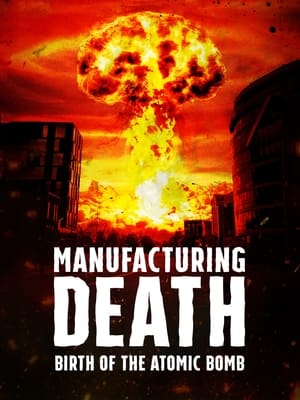 8.2
8.2Manufacturing Death: Birth of the Atom Bomb(en)
The birth of the atomic bomb changed the world forever. In the years before the Manhattan project, a weapon of such power was not even remotely imaginable to most people on earth. And yet, with war comes new inventions. New ways of destroying the enemy. New machines to wipe out human life. The advent of nuclear weapons not only brought an end to the largest conflict in history, but also ushered in an atomic age and a defining era of "big science". However, with the world now gripped by nuclear weapons, we exist constantly on the edge of mankind's total destruction.
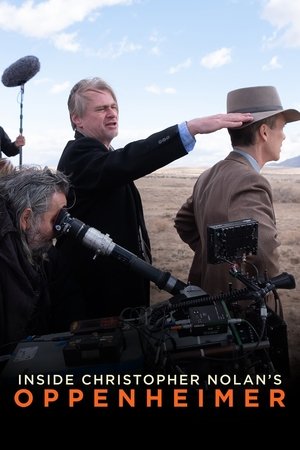 6.5
6.5Inside Christopher Nolan's Oppenheimer(en)
A look behind the scenes of Christopher Nolan's film "Oppenheimer" about an American scientist and his role in the development of the atomic bomb.
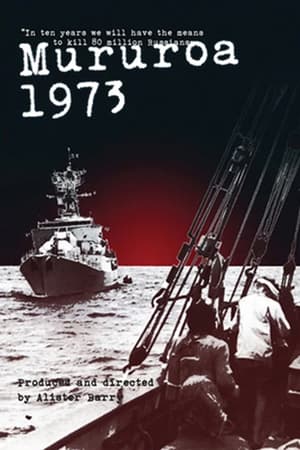 0.0
0.0Mururoa 1973(en)
In 1973 Alister Barry joined the crew of a protest boat (The Fri) to Mururoa Atoll, where the French Government were testing nuclear weapons. Barry records the assembly of the crew, the long journey from Northland, and their reception in the test zone; when The Fri was boarded and impounded by French military he had to hide his camera in a barrel of oranges.
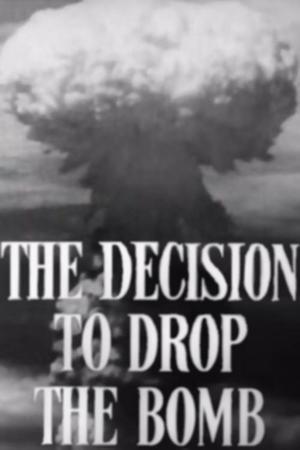 6.7
6.7The Decision to Drop the Bomb(en)
J. Robert Oppenheimer and other key figures involved in the decision to drop the first atomic bomb discuss their motivations in this NBC News documentary. Originally produced and televised in 1965, two decades after the bombings of Hiroshima and Nagasaki, it was re-released in 2023 with an epilogue by Michael Beschloss, NBC News Presidential Historian.
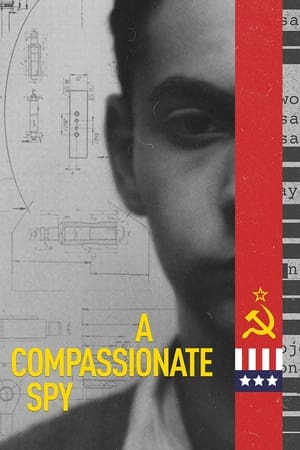 6.3
6.3A Compassionate Spy(en)
Physicist Ted Hall is recruited to join the Manhattan Project as a teenager and goes to Los Alamos with no idea what he'll be working on. When he learns the true nature of the weapon being designed, he fears the post-war risk of a nuclear holocaust and begins to pass significant information to the Soviet Union.
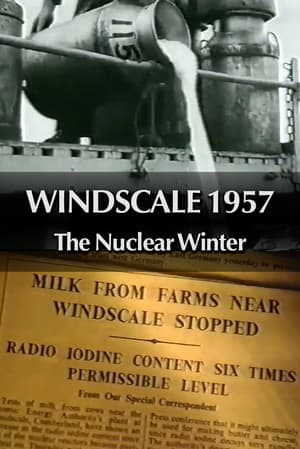 0.0
0.0Windscale 1957: The Nuclear Winter(en)
In October 1957, one of the Windscale nuclear reactors caught fire. It was the world's first nuclear accident, attributed to the rush to build atomic weapons. This programme highlights the mistakes leading to a nuclear event which, 40 years on, still takes second place only to Chernobyl.
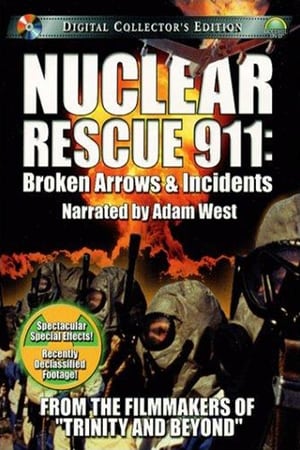 3.8
3.8Nuclear Rescue 911: Broken Arrows & Incidents(en)
Since 1950, there have been 32 nuclear weapon accidents, known as "Broken Arrows." A Broken Arrow is defined as an unexpected event involving nuclear weapons that result in the accidental launching, firing, detonating, theft or loss of the weapon. To date, six nuclear weapons have been lost and never recovered.Now, recently declassified documents reveal the history and secrecy surrounding the events known as "Broken Arrows". There have been 32 nuclear weapon accidents since 1950. Six of these nuclear weapons have been lost and never recovered. What does this say about our defense system? What does this mean to our threatened environment? What do we do to rectify these monumental "mistakes"? Using spectacular special effects, newly uncovered and recently declassified footage, filmmaker Peter Kuran explores the accidents, incidents and exercises in the secret world of nuclear weapons.
 0.0
0.0Mystery Man of the A-Bomb(en)
Stories of the people who built the first atomic weapons are well known. But what about those who provided the uranium? We look at a mysterious man who derived huge profits from the business of war.
 0.0
0.0Ways of Knowing: A Navajo Nuclear History(en)
The American Southwest holds a dark legacy as the place where nuclear weapons were invented and built. Navajo people have long held this place sacred, and continue to fight for a future that transcends historical trauma. This is their story.
 0.0
0.0Test of a clean hydrogen bomb with a yield of 50 megatons(ru)
Documentary movie about testing of the largest nuclear weapon in history, the Tsar Bomba. Declassified and made available to the public in 2020.
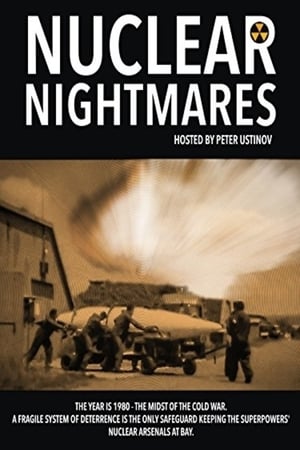 10.0
10.0Nuclear Nightmares(en)
Peter Ustinov hosts this haunting 1980 documentary exploring the world's nuclear weaponry and the fragile system that deters either side from initiating the first nuclear strike. Although the world's political climate has mellowed since the Cold War era, Nuclear Nightmares takes the viewer back in time to gain a perspective of what it was like to live under a very real nuclear threat.
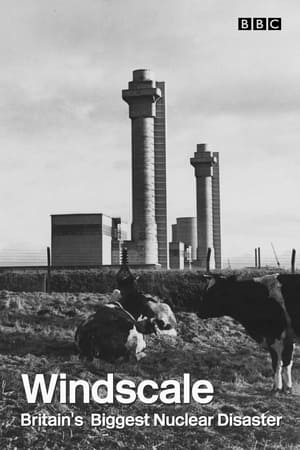 0.0
0.0Windscale: Britain's Biggest Nuclear Disaster(en)
Film revealing how political ambition fuelled the Windscale fire of 1957 and then dictated that the heroes of Windscale be made the scapegoats.
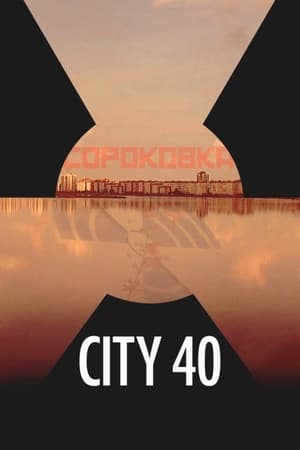 6.2
6.2City 40(en)
Hidden in the heart of Russia, there is a Soviet-era city where thousands of people live and work behind barbed-wire fences monitored by armed guards. It is Ozyorsk (Ozersk), located in the Chelyabinsk Oblast, one of the most polluted places on the planet and home to the largest stockpiles of nuclear material. Its code name: City 40.
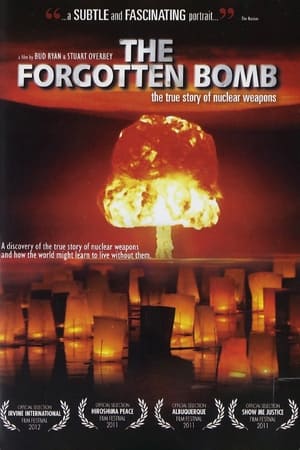 0.0
0.0The Forgotten Bomb(en)
When the Cold War ended, worry about nuclear weapons receded. But has the nuclear threat really diminished? Join Bud Ryan on a personal and global journey to discover what the bomber can learn from the bombed, and what our prospects look like for finally living in a nuclear-free world. Features interviews with bomb survivors from Hiroshima and Nagasaki, former U.S. Secretary of State George Shultz, authors Gar Alperovitz and Jonathan Schell, and many more.
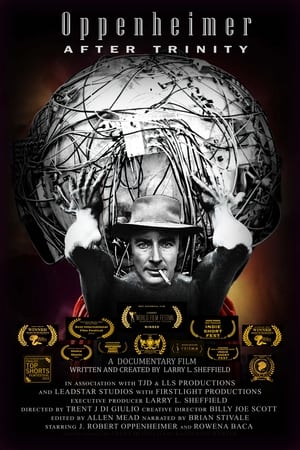 7.7
7.7Oppenheimer After Trinity(en)
This captivating documentary on J. Robert Oppenheimer, the architect of the atomic bomb, explores his journey before the historic test and reveals the burden he carried after. De-classified documents, rare film footage and exclusive interviews, including Oppenheimer's grandson, show an intimate exploration of the burden Oppenheimer carried and the profound global impact still being debated today.
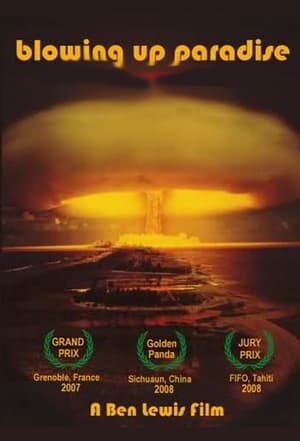 7.0
7.0Blowing Up Paradise(en)
Blowing Up Paradise uses color archival footage to chronicle France's explosion of various nuclear devices, in violation of the international test ban treaty, from the first test in 1966 to the last in 1995. Interviews with former and current French government officials, scientists, and nuclear advisors.
